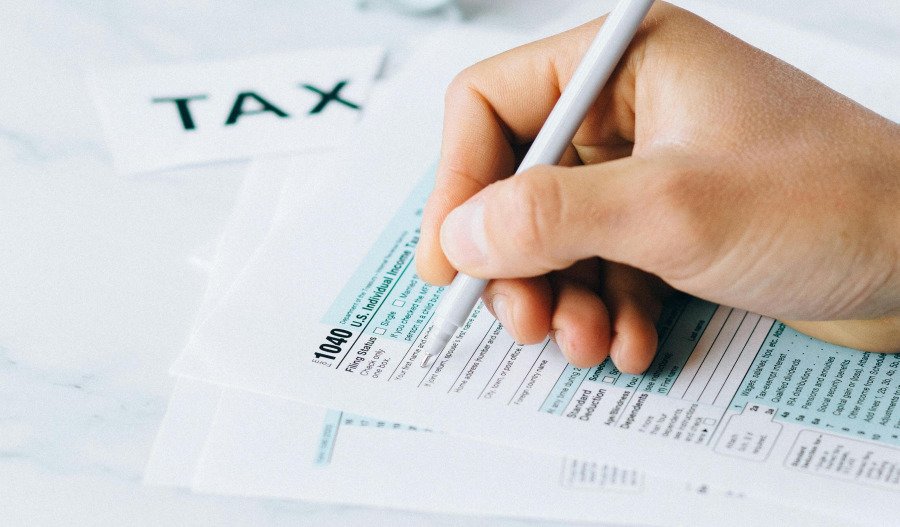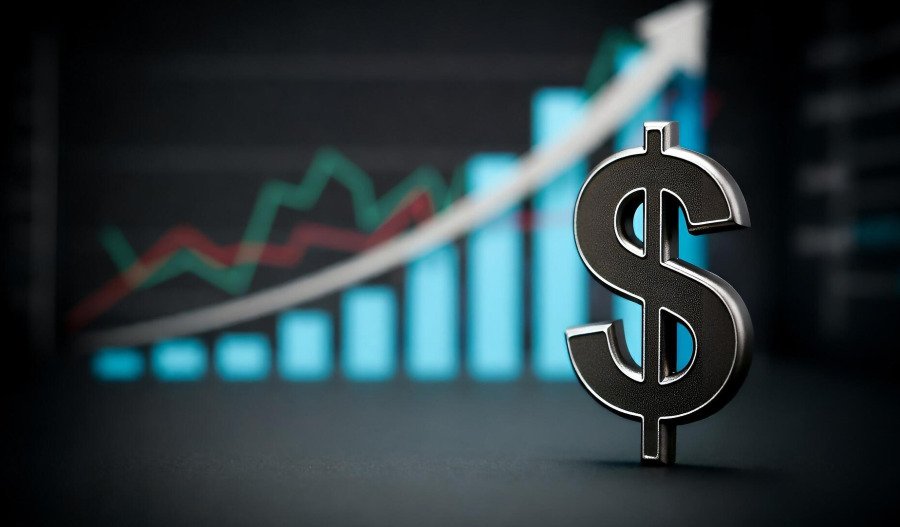The Australian budget has revealed a positive surprise for Australian superannuation fund members and a problem for some of Australia’s lowest-paid workers, according to one of Australia’s peak super bodies.
The Super Members Council (SMC) said super returns were expected to be higher than previously forecasted, but the cut in personal tax rates would create a structural problem for Australians on the lowest marginal tax rate.
SMC Executive General Manager Strategy and Insights Matt Linden said people earning between about $28,000 and $45,000 per year would pay more tax on their super than on their wage income.
The tax rate for Australians earning between $18,201 and $45,000 per year will fall to 15% from 16% from 1 July 2026 and 14% from 1 July 27, putting them under the 15% flat rate on super fund earnings.
“And that is a problem. So it's a structural problem which will need to be addressed,” Linden said on Wednesday on a webinar about the budget.
“This will really sharpen the need for the next parliament to address these issues around the equity of superannuation concessions. Those mostly affected by this are young workers and women.”
One of the benefits of Australia’s super system is that tax rates on earnings are lower than on income, encouraging people to make voluntary contributions.
SMC, the peak body for industry, public sector and corporate profit-to-member funds, also said a $9.7 billion super tax revenue windfall revealed in Budget papers indicated fund members could expect higher earnings over the next four years than previously forecast.
Treasury said the revenue upgrade since December reflected higher-than-expected current year collections, higher contributions due to the strength in employment and an increase in tax from earnings on investments.
“Superannuation fund taxes are highly volatile from one year to the next, primarily due to year-to-year changes in tax from earnings on investments and the consequential impact on the timing of tax payments,” the department said in Budget Paper No. 1.
SMC CEO Misha Schubert said the windfall should swiftly fund a $500 million-a-year super boost by raising the Low-Income Super Tax Offset (LISTO), which provides a payment of up to $500 for eligible people earning up to $37,000 a year.
“The Low-Income Super Tax Offset (LISTO) has been frozen since it was introduced 13 years ago, effectively cutting the super tax benefit for some of the nation’s lowest-income workers,” Schubert said in a media release.



